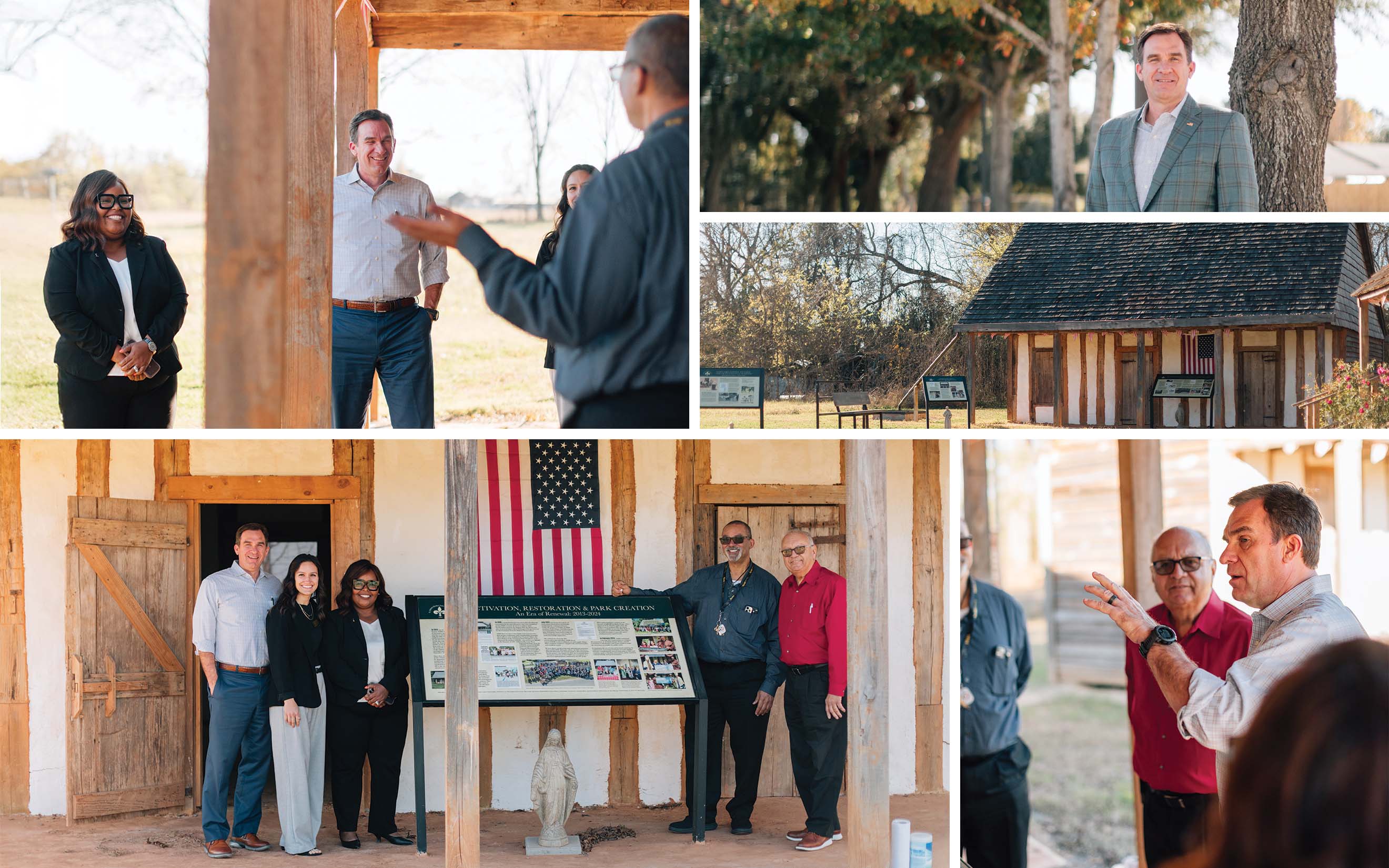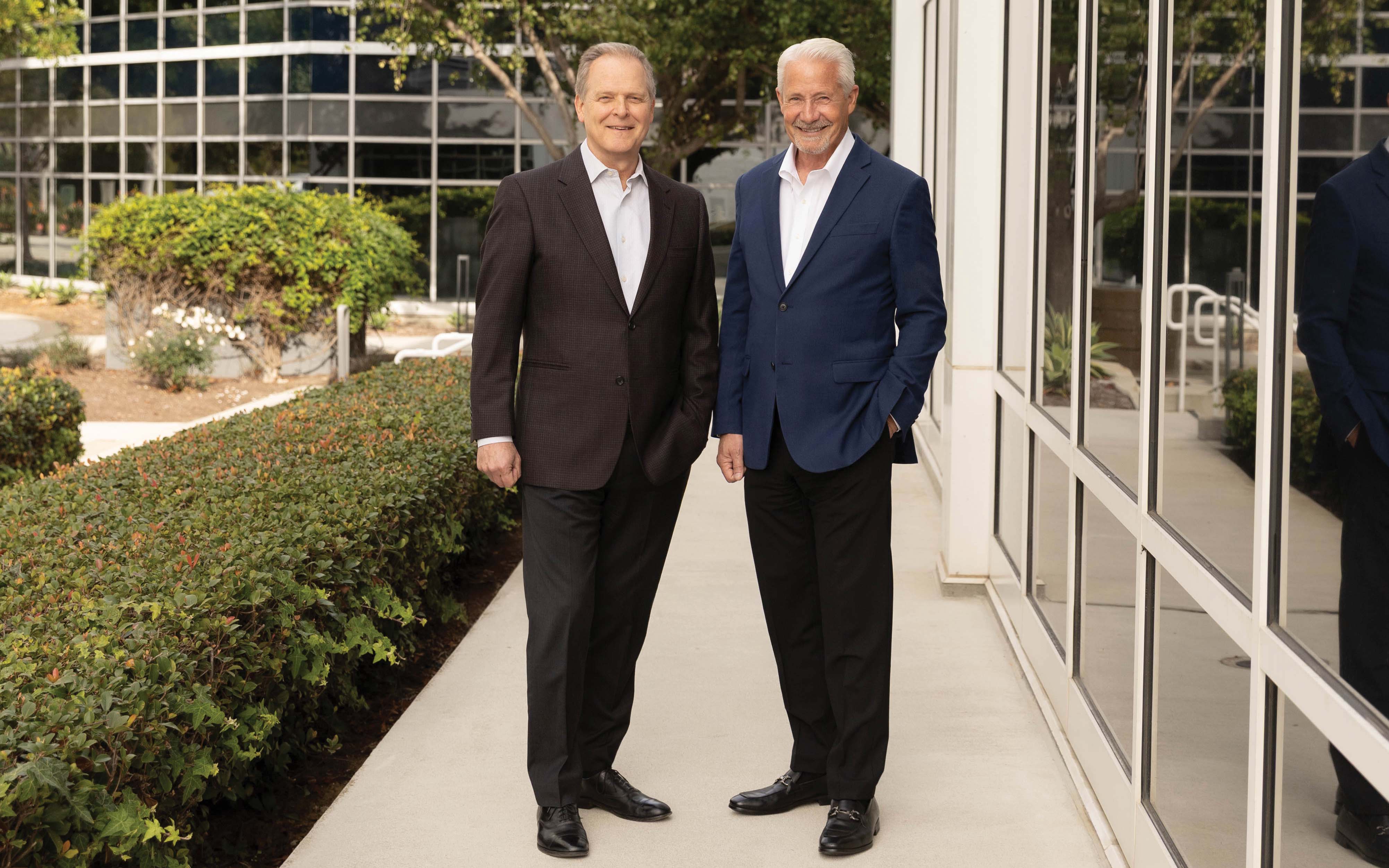Creating succession plans for family-owned community banks can be complicated in all sorts of ways, but having hard conversations and setting goals will ensure your family’s pride and joy will continue for years to come.
Succession Planning Essentials for Family Banks
November 03, 2025 / By Cheryl Winokur Munk
Creating succession plans for family-owned community banks can be complicated in all sorts of ways, but having hard conversations and setting goals will ensure your family’s pride and joy will continue for years to come.
Succession and legacy planning for family-owned community banks can help ensure their longevity and success, so it’s critical to lay out a practical course of action before roles shift.
A big mistake many family-run businesses make is avoiding crucial conversations around succession, says Marcia Malzahn, president of Malzahn Strategic LLC, a management consulting firm for community banks in Maple Grove, Minnesota. She says there are a few different reasons for this, including that leaders might not want to consider their own mortality or that succession planning conversations make them feel uncomfortable or vulnerable. Or, they just might not want to step down.
However, sidestepping the topic of succession can cause major headaches later on, especially if the unexpected happens and management is left scrambling. To avoid such complications, family-owned community banks must consider these six steps during succession planning.
1. Start early
Planning should ideally happen years—yes, years—before an actual transition takes place. Often, the transition can take five to 10 years or more because of tax, estate-planning, regulatory and practical considerations.
“Don’t be surprised if executing takes a little longer or if there are unforeseen circumstances that crop up as you’re getting ready to execute, because that’s very likely,” says Noah W. Wilcox, president, CEO and chairman of $430 million-asset Wilcox Bancshares, a holding company for two community banks in Grand Rapids and Delano, Minnesota.
Wilcox, a fourth-generation community banker, officially took over his current role in 2007, but he had been more or less running the bank for a handful of years before that. During this period, his dad watched from “an observatory perch,” says Wilcox, who is now in his 50s.
Before that, his family did eight to 10 years of planning, guided by attorneys and accountants. Wilcox says the long game is important because of the various considerations that take time to work through.
Planning for succession doesn’t necessarily mean you’re going to step down tomorrow, or even in the foreseeable future, notes Greyson Tuck, an attorney and consultant with Gerrish Smith Tuck in Memphis, Tennessee. It’s just prudent business planning. “There are so many moving pieces; thinking ahead makes sense,” he says.
Brad Bolton, president and chief executive of $215 million-asset Community Spirit Bank in Red Bay, Alabama, has two of his three children working for the bank. Bolton, who’s in his late 40s, is training his daughter in all things related to loans, and his son is still in college and working part time. His third child is an educator.
While Bolton doesn’t know who will ultimately take over for him, he’s giving his children a foundation. “I’m giving my children the same opportunity that I was given, but what they do with it is up to them.”
2. Conduct thorough estate planning
Estate planning is a complex undertaking for family-owned businesses, and rules that affect taxation can change over time. Careful planning is prudent, especially when high-value assets are at stake, Tuck says.
Families need to consider how the bank ownership will be passed to the next generation. Will it be accomplished through gifting, and over what period? Will the next generation buy out the older generation? What are the tax consequences of these moves?
Another consideration is what role, if any, trusts should play in the asset-transfer process. How you answer all these questions will depend on your family’s situation, Tuck says.
“Ultimately, it’s decided based on all of the facts and circumstances—what’s the best result given what your goals are,” he adds.
Robert M. Fisher, president and chief executive officer of Tioga State Bank in Spencer, New York, is in his late 50s, and while he hasn’t started gifting shares yet, he’s starting to think more about his own estate planning as opposed to his parents’, which has been the focus for the past 25 years or so. His advice: Find an estate planning attorney that you trust implicitly, and make sure you’re setting things up so the bank can continue operating without creating estate tax headaches.
Unique dilemmas at family-owned banks
Family-led community banks tend to battle a few things, including a lack of obvious successors. Perhaps there isn’t a family member to take over, the next generation is not interested or they are too young, says Marcia Malzahn, president of Malzahn Strategic LLC, a management consulting firm for community banks in Maple Grove, Minnesota.
She offers the example of a chairman in his late 70s who owns 85% of the bank’s shares. The bank’s CEO, who is not a family member, is planning to retire next year. The chairman would like his son to take on the role, but the son is in his 20s and not quite ready. The chairman has another child who isn’t interested in the job. The bank is in the process of choosing an interim CEO who will be there until the son is ready, Malzahn says.
Another problem is when the patriarch or matriarch heading the bank doesn’t want to plan for the next generation or step down—something Malzahn sees frequently. She recently met someone at a banking conference who talked about the difficulty of getting her grandfather, who is in his 80s, to talk about what’s next. The banker told Malzahn, “Grandpa does not want to hear about a succession plan at all, so there is no succession plan. We are going to have to deal with it when he dies.”
Sometimes, if the person’s presence isn’t causing too much angst, it’s best to just let it be, according to Greyson Tuck, attorney and consultant with Gerrish Smith Tuck in Memphis, Tennessee. If the aging-out patriarch still comes to the bank every day, families often just deal with it. “No one’s going to tell him not to come in,” he says.
3. Don’t make assumptions about succession
Family-owned banks sometimes run into trouble because they assume the next generation wants to take over, but that’s not always the reality. Bankers who have assumed for years that a child or grandchild will take over can be thrown for a loop if the person declines, Tuck says.
Sometimes, a child will be interested in taking over the top job but is too young, so an interim plan may need to be developed.
Tuck says some community banks choose a nonfamily member to run the show temporarily—or even for the long term, if there’s no obvious successor. He has some clients where the family owns the bank but isn’t involved in leadership. Other banks aren’t comfortable with this option and would prefer to sell if they didn’t have a family member to run it.
Family-run banks don’t have to finalize all plans all at once, but they need to have contingency plans, because nothing in life is guaranteed. For Wilcox, it’s a wait-and-see situation, because he’s not yet sure if his children, who are in their 20s, will take over after he’s ready to retire.
“I have deliberately not pushed them,” he says. Even so, Wilcox says his community banks have contingency plans in case something unexpected happens.
Fisher has a succession plan that looks at potential internal staff who could run the $580 million-asset bank if something happened to him. When he starts planning for retirement and scaling back, Tioga State Bank will undergo a more formalized process. But for now, it’s discussed annually.
“As bankers, you should hope for the best but plan for the worst,” he says. (See sidebar, opposite, for more insight into Fisher’s contingency plan.)
Certainly, careful advanced planning is important to ensure banks stay within the family, if that’s what the family wants. “What if there’s an accident, the person dies or they decide it’s not for them?” says Malzahn.
4. Communicate clearly and often
Lucas White, president of $650 million-asset Fountain Trust Company in Covington, Indiana, stresses the importance of ongoing family conversations about the succession process.
There’s no specific timeline for his father, Kip White, who is in his mid-70s, to step down as chairman and chief executive, but it’s been made clear to everyone in the family that White is next in line.
White’s older brother, Campbell White, the community bank’s executive vice president, oversees the bank’s loan division, but he’s not interested in succeeding his father. Instead, the brothers have separate roles at the bank and frequently communicate about larger business decisions. When they disagree, they have a conversation.
For the really big decisions, the brothers and their father must be on the same page before the decision is made. “It really is a give and take between the generations,” Lucas White says.
When Wilcox’s family started talking about succession in the late 1990s and early 2000s, his grandfather balked. He was on the bank’s payroll until his mid-90s, and succession was something he found difficult to discuss. But the rest of the family gently insisted, and he relented.
“To talk about it means there’s some kind of finality for someone in the equation,” which can be uncomfortable for a lot of people, Wilcox says.
5. Play to everyone’s strengths
Bolton started working at Community Spirit Bank as a college student. He took business classes, started talking to his dad about the business, and decided banking was a career he wanted to pursue. After serving in various roles, he was promoted to senior lending officer in the mid‑2000s.
Bolton says it was never just a “foregone conclusion” that he’d be president and CEO. However, there weren’t hard feelings when he was promoted, since his family members all enjoy the areas of the bank where they work. One sister, for example, excels as the community bank’s chief operating officer, he says.
“Everyone has their expertise and their strong suits,” Bolton says. That’s not to say there aren’t disagreements, but they’re always working toward the same goals: to make sure the bank stays independent and is here for the next generation. “Paddles are one thing, but we’re all paddling in the same direction.”
White highlights the importance of being a team player to make transitions smoother. He and his brother oversee separate areas of The Fountain Trust Company, but when big decisions need to be made, they deliberate with their father, regardless of their respective titles or roles.
“With a family business, if you pull rank over somebody who is in the family, it’s not going to go well in the long run,” White says.
Have a plan B
Sometimes there’s no clear successor within the family, and community banks that want to maintain independence and family control should make alternative arrangements.
Robert M. Fisher, president and chief executive of Tioga State Bank in Spencer, New York, has three children—two engineers and a nurse. They all worked at the bank when they were younger, but they aren’t interested in taking over from him. While he has two sisters and a lot of nieces and nephews, none of them are local or viable successors.
That means the community bank, which is committed to remaining independent, will have to make other arrangements. Even if the family doesn’t run Tioga State Bank, says Fisher, they intend to maintain ownership.
The community bank is structured as a family limited partnership, and for years, Fisher has been consolidating shares from nonfamily members. “Find a good estate planning attorney is the best advice I can give to a bank that wants to stay independent,” he says.
6. Anticipate some resistance
It can be difficult for family members to cede control and let the younger generation take over, but it’s important to make a good-faith effort for the sake of maintaining familial and working relationships.
Lucas White says his father, Kip White, tried hard to give him space to lead in his own way, though it was sometimes difficult. But Kip’s own father often shot down his ideas, which frustrated him, so he tried not to repeat the pattern with Lucas.
When Fisher took over the top job in 2002, employees sometimes would approach his father if they didn’t like an answer he gave, but his father always deferred to him. Fisher says he really appreciated that, and that his father, now in his late 80s and fully retired, was “fantastic” at letting him take charge as he saw fit.
“He was hands-off, but if he disagreed with me, he would pull me aside and we would have a private conversation,” Fisher says. “He really let me run the show.”
Subscribe now
Sign up for the Independent Banker newsletter to receive twice-monthly emails about new issues and must-read content you might have missed.
Sponsored Content
Featured Webinars
Join ICBA Community
Interested in discussing this and other topics? Network with and learn from your peers with the app designed for community bankers.
Subscribe Today
Sign up for Independent Banker eNews to receive twice-monthly emails that alert you when a new issue drops and highlight must-read content you might have missed.
News Watch Today

Join the Conversation with ICBA Community
ICBA Community is an online platform led by community bankers to foster connections, collaborations, and discussions on industry news, best practices, and regulations, while promoting networking, mentorship, and member feedback to guide future initiatives.












